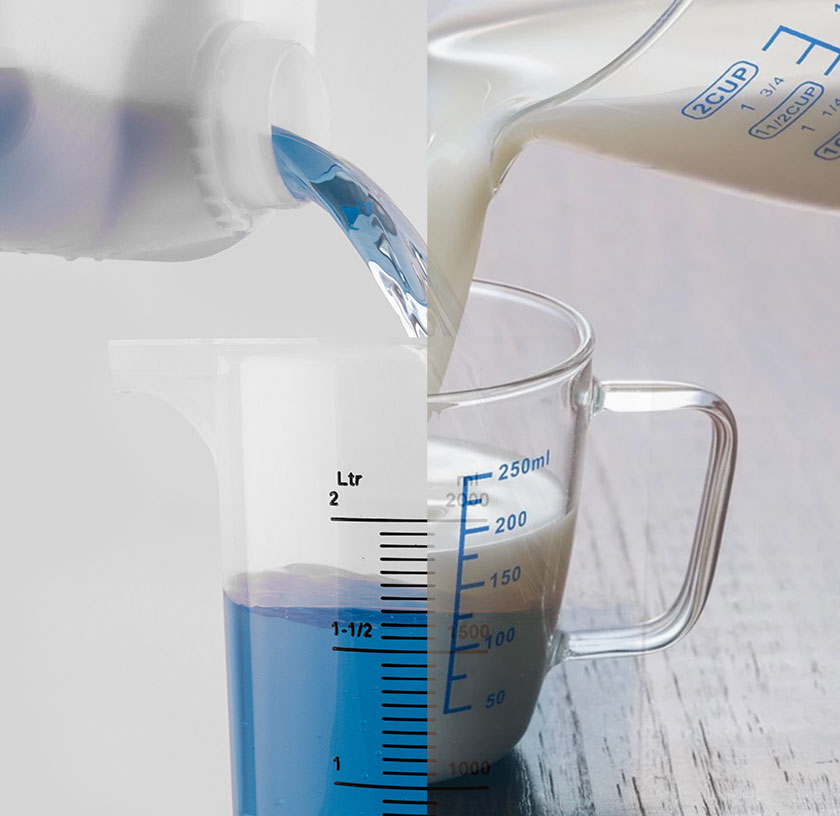Plastic vs Glass Graduated Cylinders
24 February 2022

When you want to find the right graduated cylinders, you most likely have to choose between glass or plastic. Both of these materials can be great, but as always they have their pros and cons. This is why it’s important to understand the benefits and downsides of each material before you pick any of them. It has the potential to bring in some amazing results, and the benefits as a whole can be second to none.
Glass pros and cons
Graduated cylinders made out of glass are great because they are easily used and you don’t have to worry about melting or deforming. On top of that, glass is known for being very easy to clean. You can reuse it more frequently because of that, and in the end, you are receiving a much better return on investment.
Glass also has more transparency when compared to plastic, which is important in a variety of situations. That matters a lot, especially in use cases where you want to have a clear accuracy. However, glass also breaks easily, and that can become a problem. It’s also not disposable after each use. And yes, some materials are not exactly ideal to be used with glass graduated cylinders, which is a very important thing to keep in mind here.
Plastic graduated cylinders pros and cons
In the case of graduated cylinders, you have a much safer alternative to glass. The main problem with glass is that it chips, breaks or shatters during random lab work tasks. That becomes an issue since you can’t rely on it for the best possible experience, so you definitely have to address it wisely. Additionally, graduated cylinders have better ergonomics since plastic is lighter. It delivers a lot more versatility and the results as a whole will impress.
These plastic graduated cylinders can be disposed of after using them, and you also have great flexibility here too, which is incredible in its own right. Add to that the fact that these graduated cylinders are also less expensive, which is great. Also, plastic simplifies the reading process, since the liquid is not forming any meniscus.
The downside with plastic graduated cylinders is that they can be affected by high temperatures, which does become an issue. Add to that the fact that some graduation marks aren’t always the best, but it depends on the manufacturer.
Conclusion
Both plastic and glass graduated cylinders are great, but it’s important to understand their downsides before you take any decision. At the end of the day, plastic graduated cylinders can be a little better since they are more affordable, you can recycle them, not to mention you receive more flexibility. But it’s all a matter of what you need, what features you want to pursue, and the experience can be great. Just make sure that you study the manufacturer’s features, benefits and guidelines. This will make it easier to choose one of the two options!
Get in touch today with the team at Pro-Measures for any further requirements or queries on what solution would be better suited to your application.